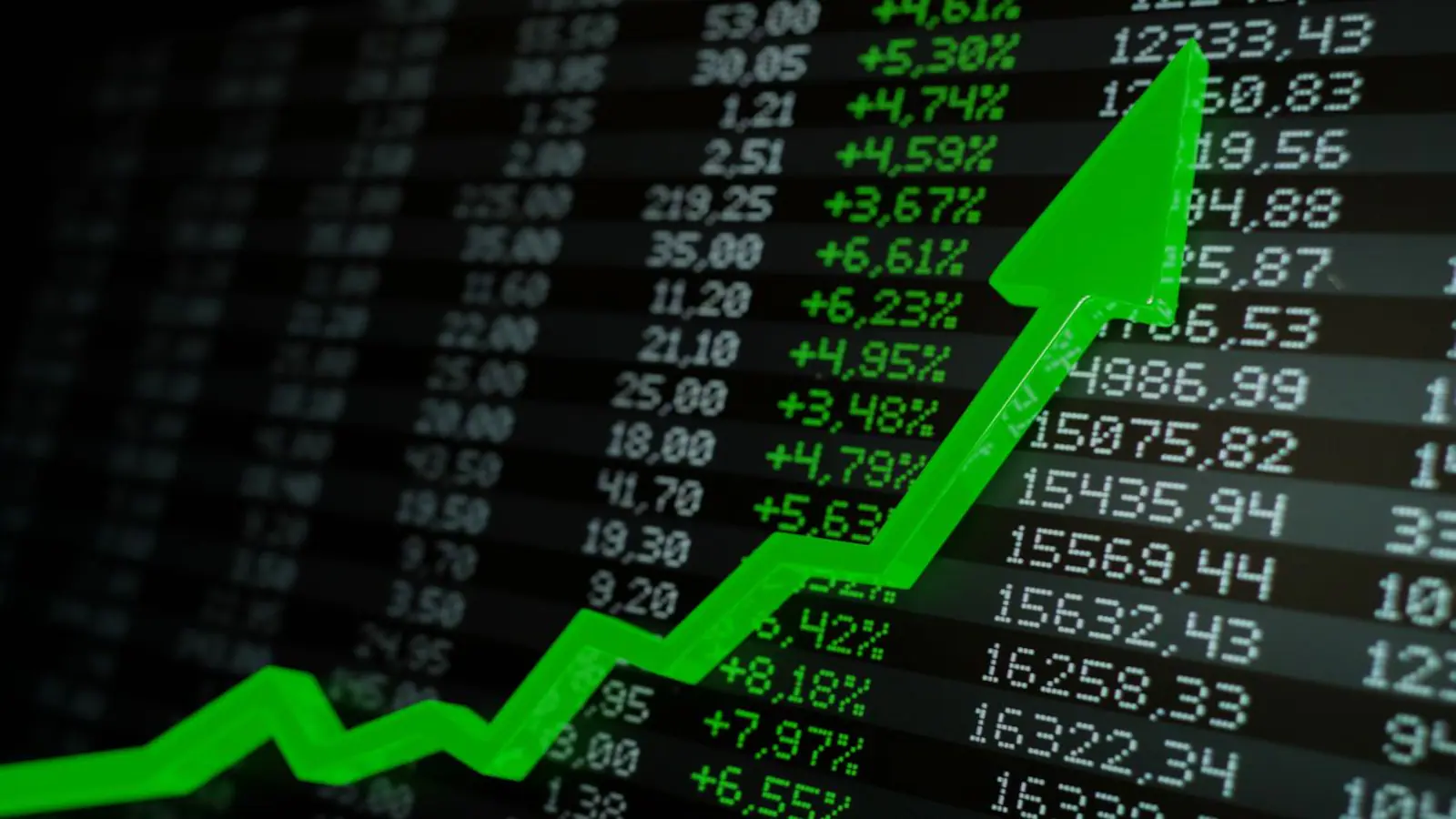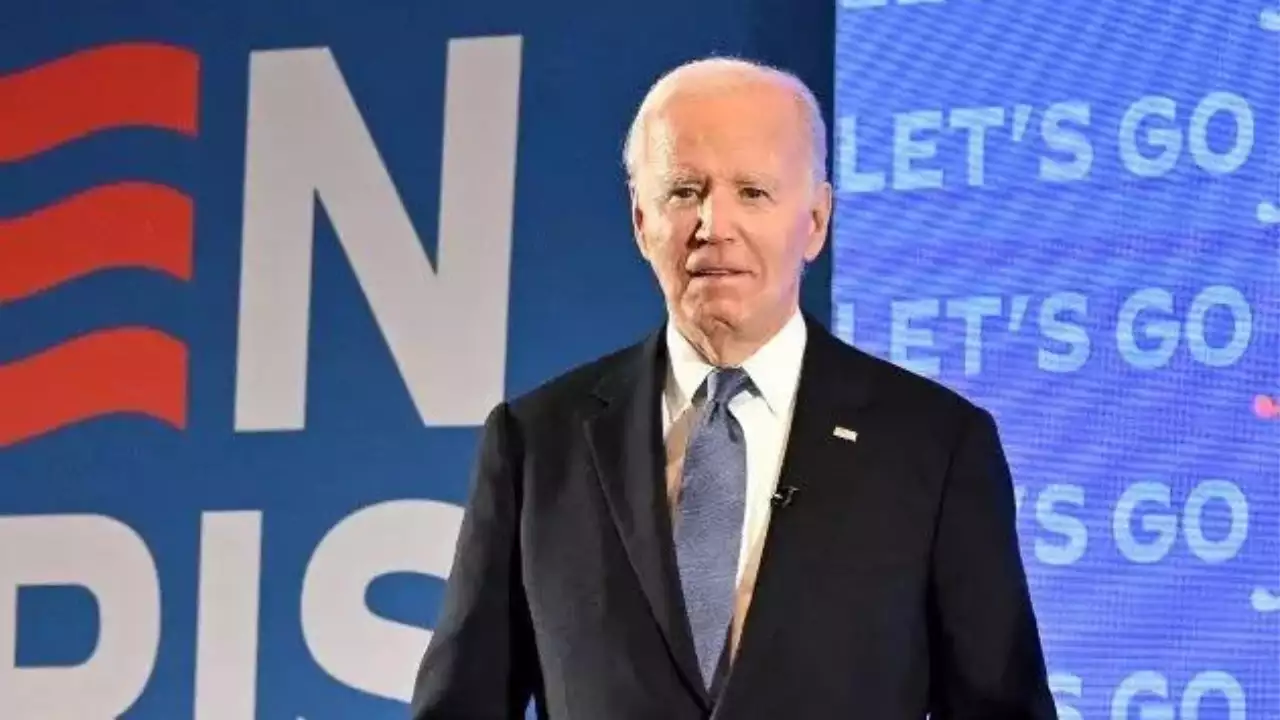Key Points:
“French parliamentary elections result in a projected hung parliament, with no party securing an absolute majority.”,
“President Macron’s centrist coalition loses ground, jeopardizing his reform agenda.”,
“Left-wing coalition led by Jean-Luc Mélenchon emerges as a strong opposition force.”,
“Investors initially react positively, anticipating political gridlock that may curb radical policy changes.”,
“Long-term market impact remains uncertain, depending on the formation of alliances and the government’s ability to function.”
Content:
French markets rallied as investors reacted to the outcome of the parliamentary elections, which projected a hung parliament. The result, while seen as hindering President Macron’s reform plans, was interpreted by market participants as potentially leading to political gridlock and curbing drastic policy changes. This initial optimism, however, is tempered by the uncertainty surrounding the future government formation and its capacity to address pressing economic challenges.
Unique Perspective:
The market’s positive response to a weakened Macron government highlights a curious paradox: the desire for stability sometimes outweighs the need for decisive action. Investors, in the short term at least, seem to favor predictability over the potential volatility of substantial reforms. While a hung parliament might offer a sense of relief now, its long-term impact on the French economy hinges on the delicate dance of coalition building and the ability to find common ground in a deeply divided political landscape.



